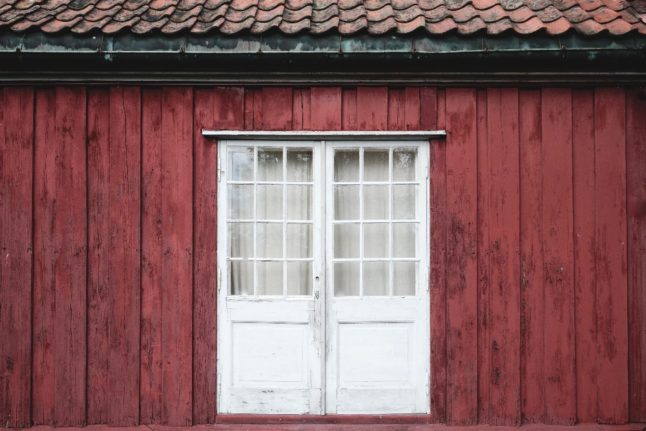The recommendations are based on assessments and input from the Norwegian Directorate of Health and the National Institute of Public Health, and outline advice for travel and socializing during the Easter Holidays.
“The infection situation in Norway is unstable, and in recent weeks the infection numbers have risen. We are concerned about the consequences if many travel and meet other people at Easter,” health minister Bent Høie said in a Ministry of Health statement.
During the Easter holidays, many people are on annual leave and travel across Norway to stay at their country homes or cabins, visit family and go on skiing holidays.
Unlike last year, when it was banned, people will be able to travel to their country homes, often cabins in the mountains near ski resorts.
While the recommendations are a lot more lenient than last year the government has said that it will tighten restrictions at short notice if needed.
The recommendations have urged people to take extra care when travelling. The government recommends people do their shopping before they arrive where they are staying and to avoid public transport.
They are also recommending that people stick to outdoor activities and to limit their social contacts to 10 per week and have a maximum of five visitors at their homes.
“We recommend that everyone has fewer contacts than usual and that meeting (socially) and activities take place as much as possible outside,” Høie said.
The government also recommends that cabins don’t mix, and is advising against overnight visits.
People coming from areas where the local restrictions and recommendations are stricter than where they are travelling to are advised to try and follow the more stringent set of rules.
Hotel and resort trips are also still allowed but people from areas with infection rates, such as Oslo, are asked to not travel to hotels where many people are staying.
Authorities are also requesting people avoid spending large amounts of time in common areas of hotels like bars or lobbies.
Meanwhile, justice minister Monica Mæland has announced that everyone returning from “unnecessary leisure trips” from abroad must quarantine at a hotel until they provide a negative test.
The earliest people staying in quarantine hotels can leave would be on day three of the quarantine.
That represents a reversal of an earlier decision to ease hotel quarantine rules, which has allowed people to quarantine in homes or private accommodations since December.
READ ALSO: Could Norway further tighten travel restrictions?
There will be some exceptions to the rule. Those on strictly necessary journeys based for welfare-related reasons, people travelling to take care of sick family members or funerals and children travelling to see parents.
For those making journeys exempt from the new restrictions the current rules of being able to quarantine at home apply.



 Please whitelist us to continue reading.
Please whitelist us to continue reading.
Member comments